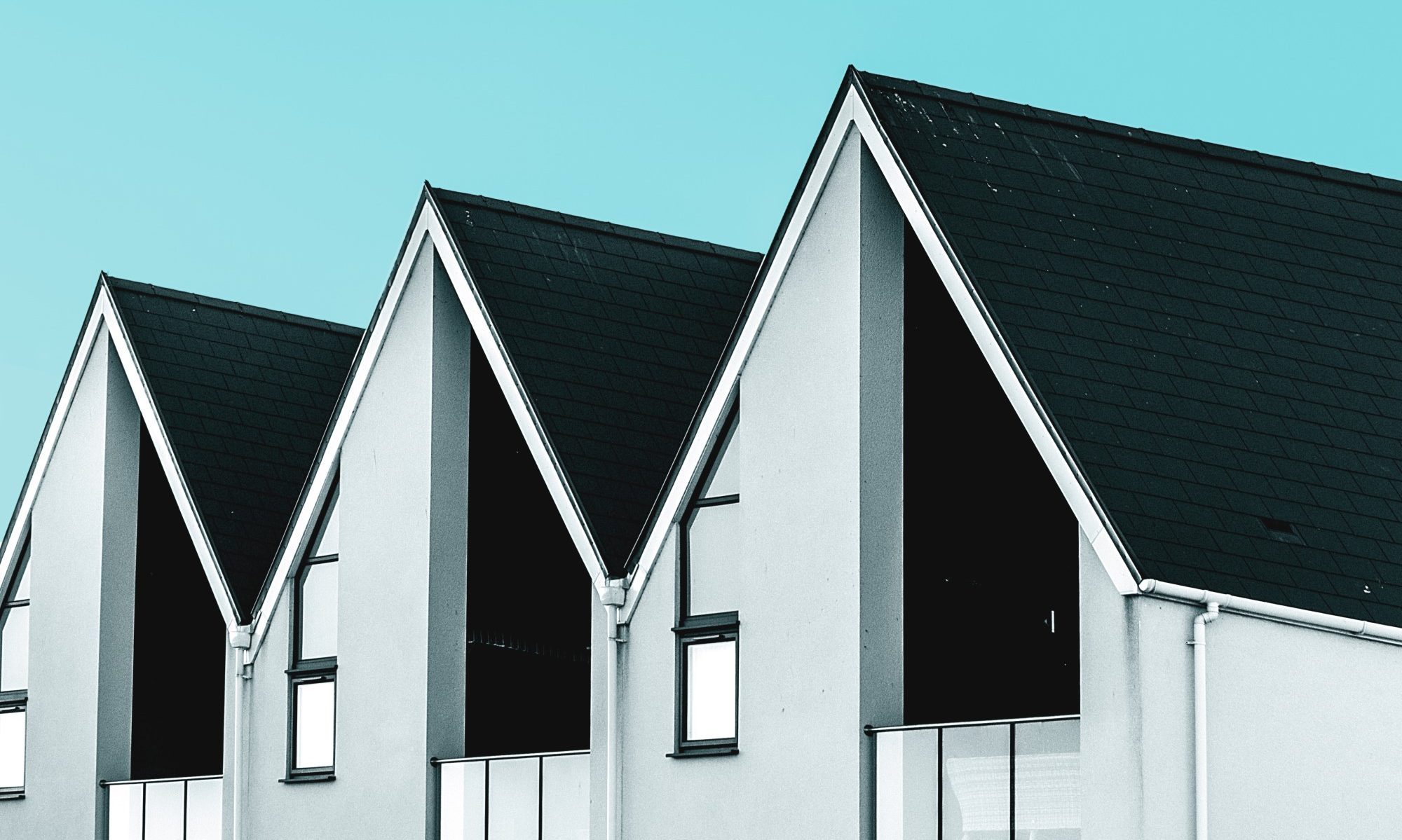A new roof is a large investment in your home or building, so it is important to make the right choice on materials.
If longevity is your goal, some materials that roofers can install are much better than others.
Below, these are the best materials that, with proper roofing maintenance, can last the longest.
Although they may initially be more expensive than many other roof types, the long lifespan makes them very cost-effective over time.
1. Slate
Of all the materials out there used on roofs, none is longer lasting than slate.
Extracted right from the earth and then chipped into shape, slate shingles can withstand nearly any condition.
They are cool in the heat, fire-resistant, and do not blow off easily.
Slate can last 100 or more years and it requires very little in terms of roofing maintenance.
The main issue with slate, and the reason why most do not choose it, however, is its weight.
Many homes and buildings are simply not sturdy enough to support it all.
2. Clay Tile
With a lifespan of up to 100 years, clay tile comes in second under the longest-lasting material that a roofer can install on your home or building.
Another sustainable and organic material, clay tiles, especially rounded Spanish tiles, are energy-efficient, durable, and hard to blow off.
Requiring very little maintenance other than keeping moss off and replacing cracked tiles right away, it is beautiful and stylish, and can be glazed in different colors.
Like slate, clay is also fairly heavy and must be carefully installed on sturdy trusses that can safely bear the weight.
3. Metal
Available in aluminum, steel, or copper, metal roofs are long-lasting, more economical than slate or tile, and light.
Metal roofing can be found in various thicknesses and countless styles, from simple standing seam panels to panels made to look like other, more stylish materials like slate, tile, and even wood.
With a correct installation and some minor maintenance like checking for loose fasteners, keeping it clean, and applying a protective coating every few years, metal installations can last 30 to 50 years or sometimes longer.
4. Wood Shakes and Shingles
Wood is a beautiful material used for roofing, and can last quite a while as long as it is properly selected and cared for.
Thick wood shakes made from resilient, water-resistant woods like cedar and redwood can last 40 years or more.
A shake roof does require considerable roofing maintenance, however, including regular washing to keep moss, mildew, and other organisms from damaging it, protective coating every few years if applicable for the wood type, and prompt repairs when needed.
Wood shakes look strikingly beautiful and rustic but do involve a commitment to take care of them.
Shingles, much like shakes are made from a variety of woods, but these can be found in many shapes and sizes to fit the architectural style of the building.
They also require a considerable care commitment. As they are much thinner than shakes, wood shingles have a life expectancy of only about 20 to 25 years.
5. Architectural Composite Shingles
The most widely used material installed by roofers everywhere is also the one that can have the shortest lifespan depending on the product.
Available in countless styles, colors, and types, today’s composite asphalt shingles - also called architectural shingles or dimensional shingles - are readily available, easy to install, but do require occasional cleaning.
Life expectancy spans from 15 to 50 years depending on the quality, with better quality, more expensive shingles lasting longer than the less-expensive types.
Asphalt shingles are a favorite due to their availability and their price, which can be much lower than any of the others mentioned.
Roofing Lifespan Depends On The Materials
With so many roofs you can choose to install on your home or building, lifespan should be one of the prime considerations.
A long-lasting installation that requires minimal roofing maintenance is ideal for any structure.
As for the cost, keep in mind that the longer the materials last the lower their actual cost becomes over the lifetime of the installation.
Talk to a reputable roofer about these different materials and which one is right for you!
